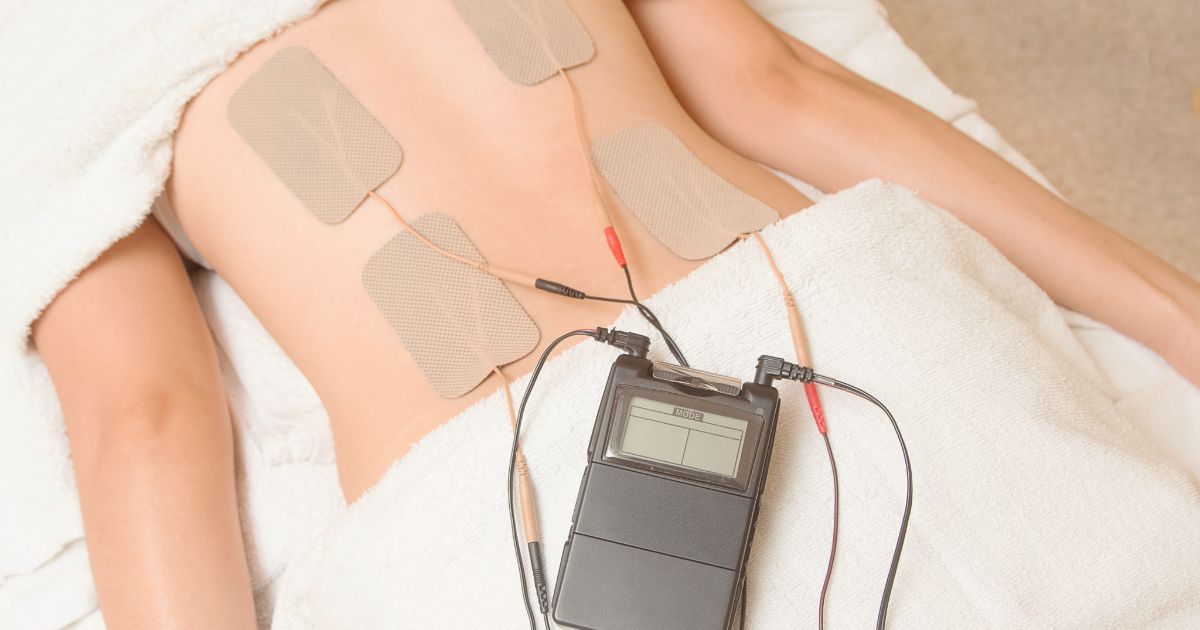How To Treat Cystitis
Nerve Stimulation

There are two nerve stimulation methods patients might benefit from. Transcutaneous electrical nerve stimulation (TENS) may help reduce urinary frequency and pelvic pain and works by sending mild electrical impulses to attempt to increase how much blood is flowing to the bladder. This might help to reduce pain by triggering certain substances that help to inhibit pain, and may also aid in bladder muscle strengthening to reduce urinary leakage. The low voltage electrical impulses are delivered with wires placed strategically on the pelvic and lower back areas. This electrical current keeps the body from being able to properly send painful sensations along the nerves to the brain. It can also help boost bladder flow to a region that can be used to speed up healing of the bladder.
Sacral nerve stimulation targets the sacral nerves, which are a crucial link between the bladder and the spinal cord. Helping stimulate them could result in decreased urinary urgency. In this procedure, the doctor puts a wire close to the sacral nerves. This type requires surgery for long-term device implantation where TENS does not. Sometimes a healthcare professional will show patients how to use these machines and adjust their settings so treatment can continue at the patient's home.
Keep going for information on more ways to treat cystitis.
Antihistamines

Antihistamines are a type of medication that dampens the body's immune system response. When patients take an antihistamine, their body quits responding to histamines, a chemical the body produces when it encounters an infection or harmful microorganism. This means they keep the immune system from kicking into overdrive and causing swelling, inflammation, increased blood flow, and more sensitive nerves. Though these drugs are most commonly used to treat allergic reactions, they can also be used as a method of managing interstitial cystitis. An antihistamine can help with this condition by reducing the inflammation that can cause pain and frequent urination. The most common antihistamine is hydroxyzine, though diphenhydramine and loratadine are also used occasionally because patients can get them over-the-counter. Antihistamines are generally a safe and effective method of managing interstitial cystitis, but they can cause extreme drowsiness in some patients.
Learn more about treating cystitis now.
